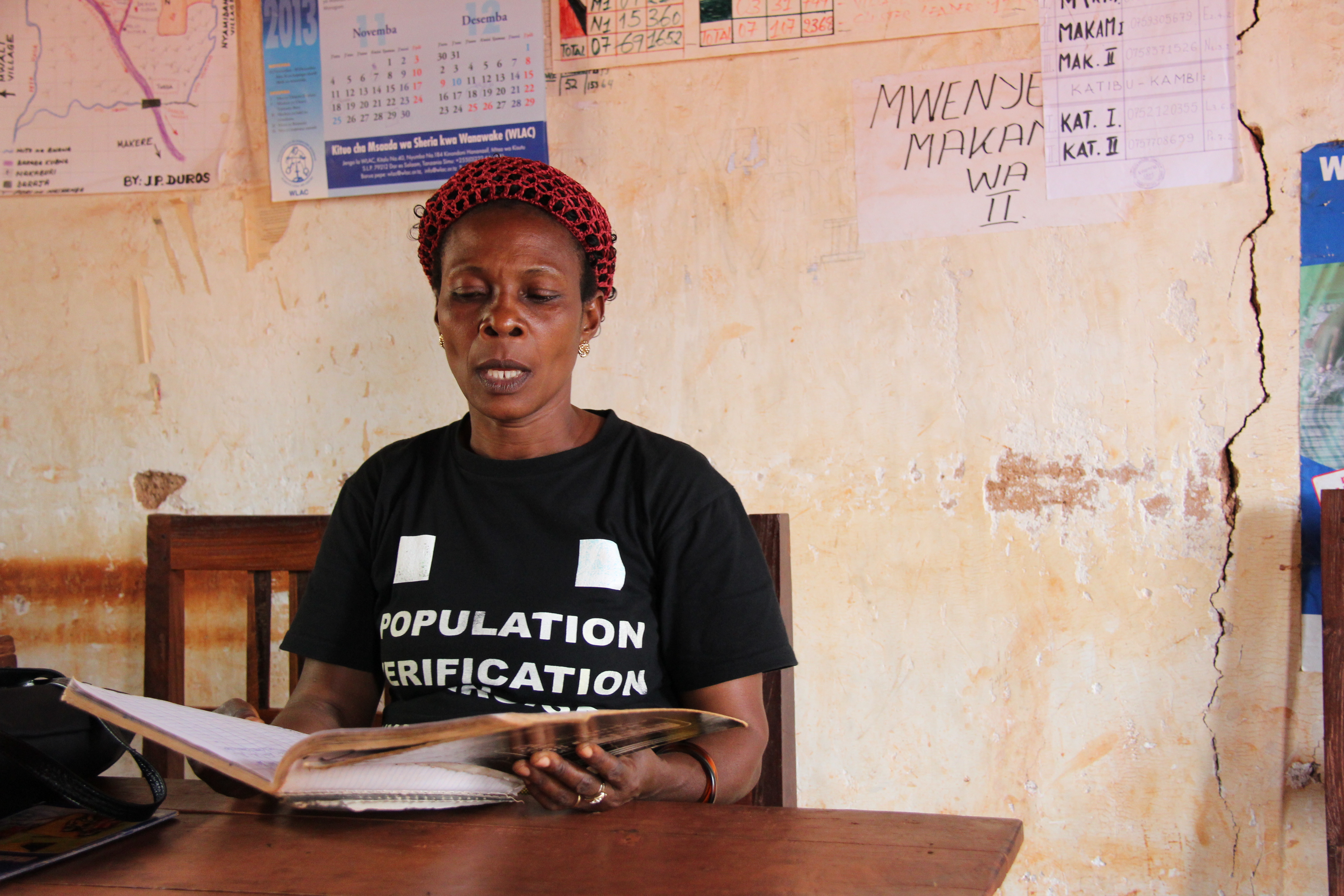UNHCR concern for IDPs after camp attack in eastern Congo
UNHCR concern for IDPs after camp attack in eastern Congo

GOMA, Democratic Republic of the Congo, December 4 (UNHCR) - The UN refugee agency said Tuesday it was worried about the security of displaced people and aid workers in camps in eastern Congo after a weekend attack on the Mugunga III camp outside Goma.
"There were no deaths or injuries, but at least one person was badly beaten, and people's homes as well as the camp pharmacy were looted. There were six unconfirmed cases of rape," said UNHCR spokesman Adrian Edwards.
Witnesses said a small group of men from outside the camp were seen monitoring food distribution earlier in the day, probably to find out where they lived. A few hours later, the camp was surrounded by a large number of armed men. They told a woman to take them to the camp leader, and then beat her.
The armed men then searched tents, stealing money, mobile phones and two-week food packs that had been handed out earlier by the World Food Programme to some 1,800 families. Looting was also reported among the population living immediately adjacent to the camp.
The reports of six rape cases are being investigated. It is also reported that around a dozen internally displaced people were forced to carry looted materials out of the camp, before being freed.
The few unarmed police in the camp were unable to intervene, while UN peace-keeping troops - also facing capacity constraints - were not in a position to maintain a permanent presence at the site. UNHCR staff who visited the camp yesterday on Monday said people in the camp were still anxious and upset.
"The incident highlights the need for security at sites for internally displaced people to be prioritized, along with improved humanitarian access so that such populations can be better cared for," Edwards said.
At least 30,000 people are currently at the Mugunga III camp, while some 75,000 more are staying in other sites under the responsibility of the inter-agency Camp Coordination and Camp Management cluster. Thousands more are living in spontaneous sites or with host communities.
As well as security difficulties at Mugunga III and elsewhere in North and South Kivu, UNHCR is also contending with shortages of shelters and non-food items. Some 12,000 highly vulnerable families are in urgent need of non-food help (blankets, kitchen sets, tarpaulins, plastic sheeting, mosquito nets, sleeping mats, jerry cans, soap and sanitary napkins). We also need shelter for 47,000 highly vulnerable households.
According to UN figures, 130,000 people have been newly displaced by the recent instability in and around Goma. This is on top of the estimated 841,000 people who were already displaced before this latest wave of insecurity.
In South Kivu, according to OCHA (UN Office for the Coordination of Humanitarian Affairs) figures, some 878,000 people were displaced by the end of October 2012. The overwhelming majority of them (more than 96 per cent) are living in host communities.
The fighting around Sake in North Kivu forced an estimated 18,500 people into South Kivu, mostly around Minova. UNHCR emphasizes that these figures are preliminary only, as they do not take into account the fact that some people may have been displaced multiple times (and thus could be counted twice) or the recent returns.








